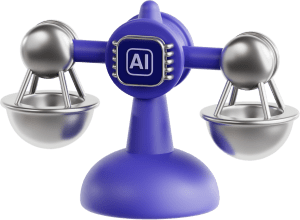The Future of Arbitration Awards: Enhancing Enforceability and Clarity with AI
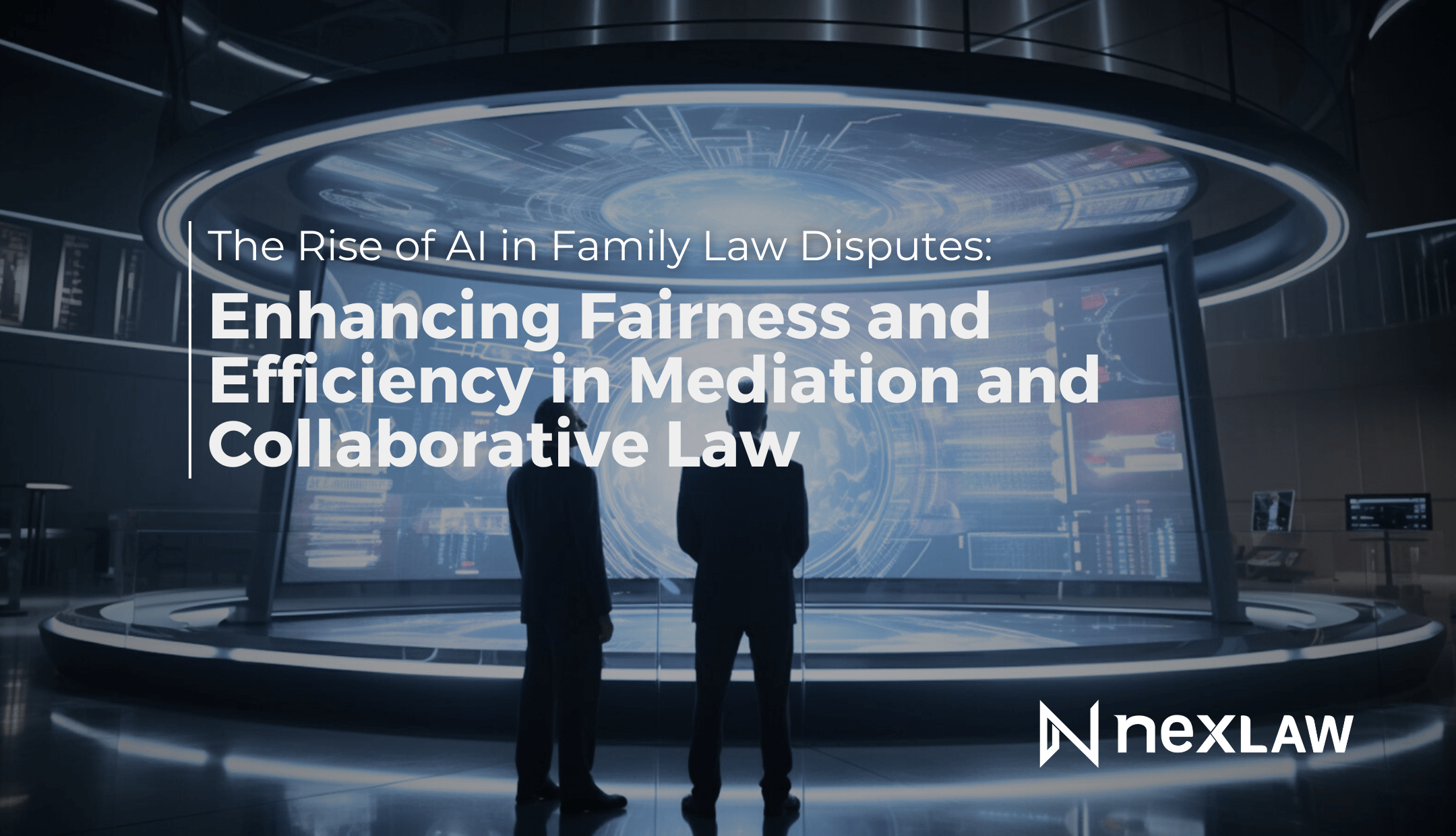
Related Posts
-
The Hybrid Future of International Commercial Disputes: Where Human Expertise Meets AI Efficiency with NexLaw.ai
-
The Global Courtroom: How International ODR and AI Are Revolutionizing Cross-Border Disputes
-
Minimizing Court Backlogs: The Preventative Power of AI in Early Dispute Resolution and Mediation
The Future of Arbitration Awards: Enhancing Enforceability and Clarity with AI
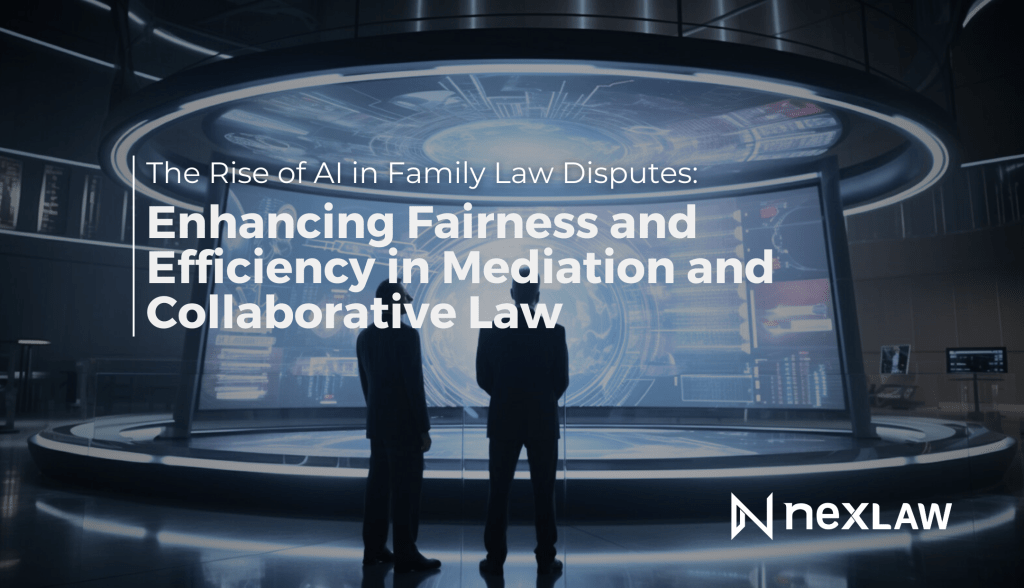
As global commerce and cross-border disputes grow in complexity, arbitration remains a preferred method for resolving conflicts efficiently and confidentially. However, challenges persist regarding the quality, consistency, and enforceability of arbitration awards. Artificial intelligence (AI) is rapidly transforming the legal landscape, offering innovative solutions to bolster the robustness of arbitration outcomes.
How AI is Revolutionizing Arbitration Awards
1. Improving Quality and Drafting Precision
- AI-powered tools are streamlining the drafting of arbitration awards by assisting arbitrators in generating clear, structured, and coherent documents.
- These tools analyze large volumes of case data, legal precedents, and statutory language to ensure that awards are well-reasoned, factually accurate, and legally sound.
- By reducing human error and enhancing the clarity of reasoning, AI helps arbitrators produce awards that are more likely to withstand judicial scrutiny and enforcement challenges.
- Automated Legal Research: AI systems quickly identify relevant precedents and statutory provisions, ensuring that awards are grounded in up-to-date legal authority.
- Consistency in Language and Structure: Natural language processing (NLP) tools help maintain uniformity in drafting, reducing ambiguities and inconsistencies that could otherwise undermine enforceability.

2. Enhancing Consistency Across Awards
One of the longstanding criticisms of arbitration is the variability in awards due to differences in arbitrators’ backgrounds and interpretive styles. AI addresses this by:
- Pattern Recognition: AI analyzes previous awards and decisions to identify patterns, promoting consistency in how similar cases are decided.
- Predictive Analytics: By forecasting likely outcomes based on historical data, AI guides arbitrators toward more predictable and standardized decisions.
- Bias Mitigation: AI can flag potential inconsistencies or biases, supporting fairer and more impartial outcomes.
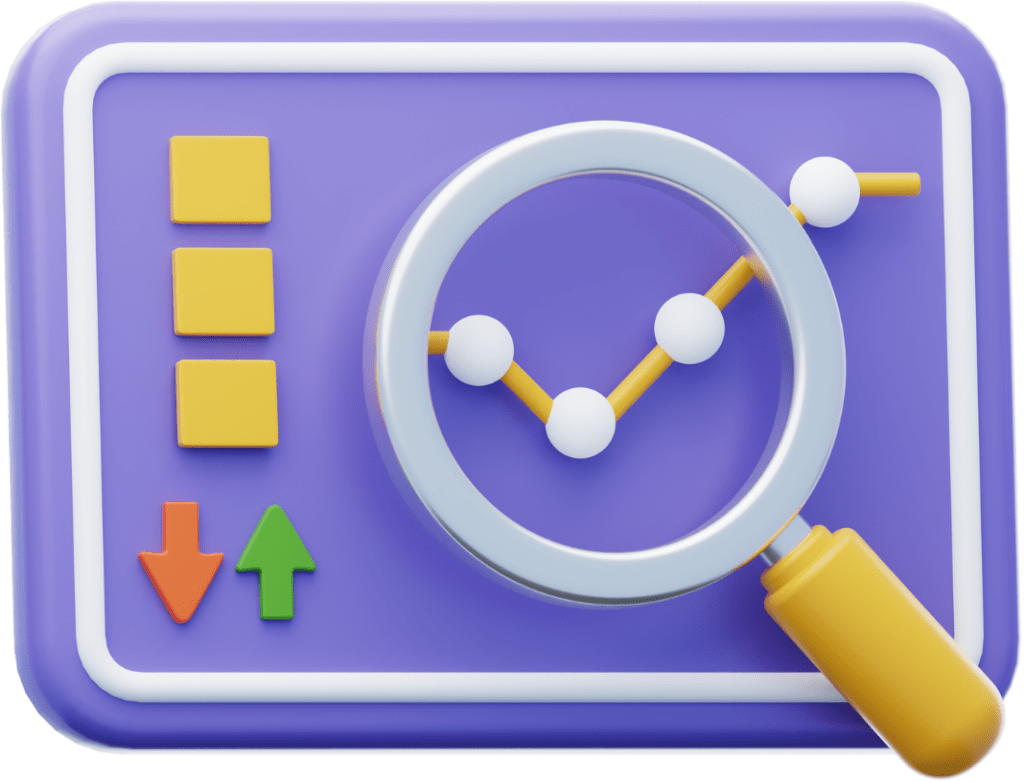
3. Strengthening Enforceability
Enforceability is the cornerstone of effective arbitration. AI contributes in several ways:
- Procedural Integrity: AI tools monitor compliance with procedural rules and institutional guidelines, reducing grounds for challenge based on due process violations.
- Transparency and Disclosure: Guidelines, such as those from the Chartered Institute of Arbitrators (CIArb), emphasize disclosure of AI use, ensuring transparency and reducing the risk of awards being set aside for lack of fairness or transparency.
- Data Security and Confidentiality: Advanced AI platforms, including those used by NexLaw, prioritize privacy and data integrity, which are essential for the enforceability of awards, especially under international conventions like the New York Convention.
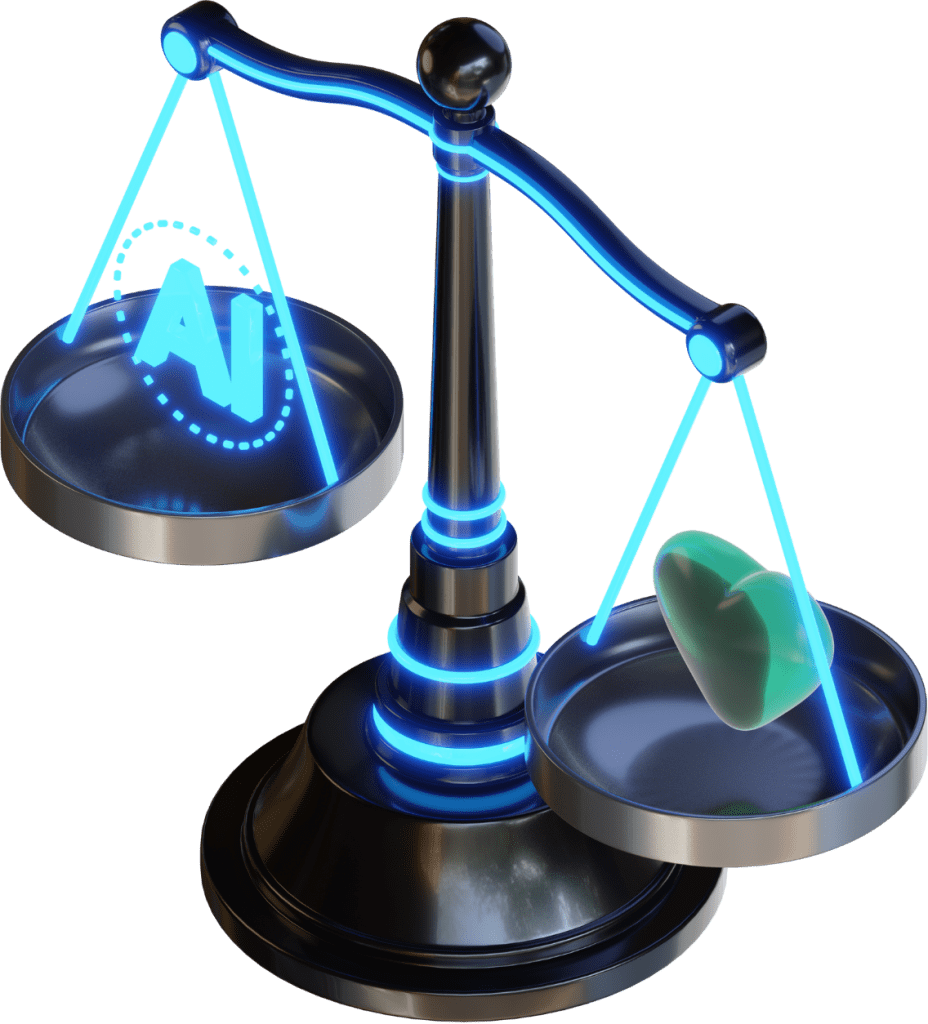
4. Addressing Risks and Ensuring Robustness
- While AI brings significant benefits, it also introduces new risks, such as data privacy concerns, algorithmic bias, and the so-called “black box” problem (opacity in AI decision-making).
- Leading arbitration bodies recommend:
- Human Oversight: Arbitrators must retain ultimate responsibility for decisions, using AI as a supportive tool rather than a replacement for human judgment.
- Disclosure Protocols: Parties and arbitrators should disclose any significant use of AI, particularly in decision-making, to preserve procedural fairness and enforceability.
- Compliance with Legal Frameworks: AI use must align with applicable laws, regulations, and institutional rules to avoid jeopardizing the validity of awards.
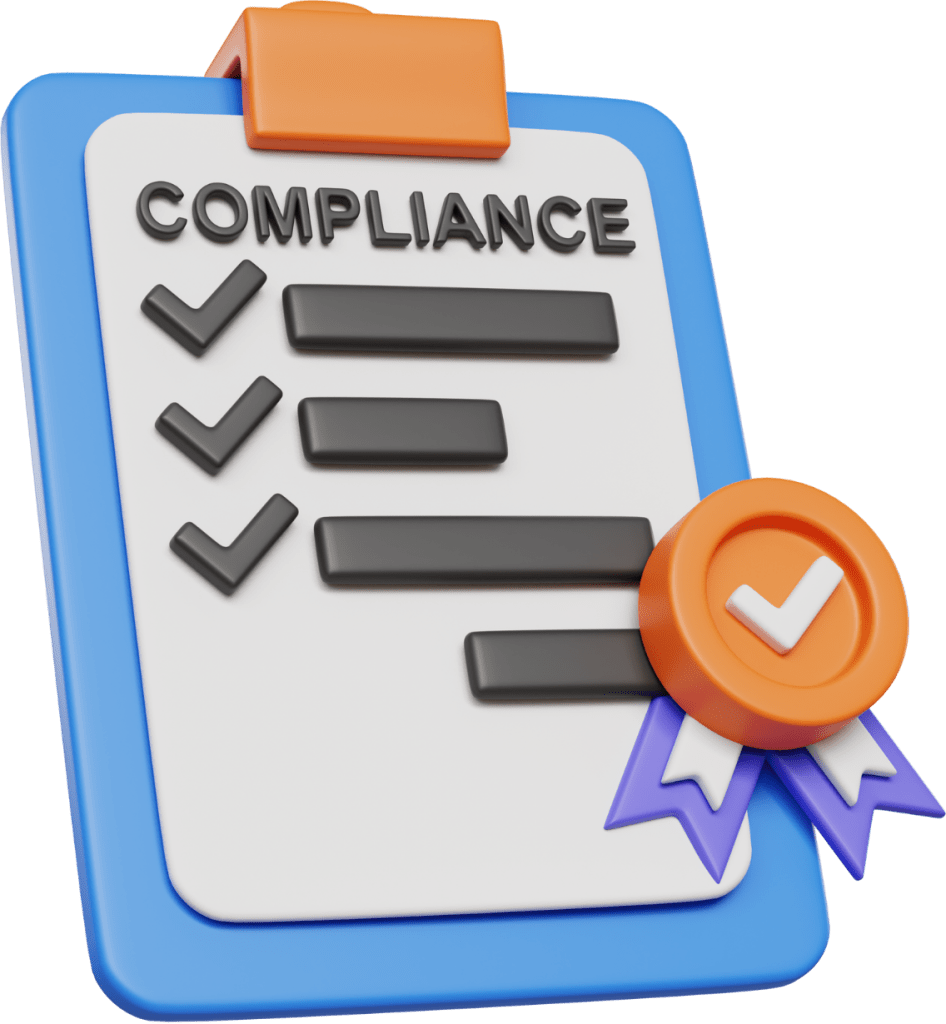

Act now to transform your
practice and achieve your goals.
NexLaw’s Role in the Future of Arbitration
NexLaw’s AI-driven legal platform exemplifies the privacy-first, robust approach needed for the future of arbitration. By leveraging secure cloud infrastructure, advanced analytics, and comprehensive legal research tools, NexLaw empowers legal professionals to prepare, analyze, and enforce arbitration awards with greater confidence and efficiency.
- Global Coverage: NexLaw supports arbitration across multiple jurisdictions, ensuring that awards meet the standards required for international enforceability.
- Tailored AI Solutions: The platform provides tools for precedent analysis, document drafting, and risk assessment, helping arbitrators and counsel deliver high-quality, enforceable awards.
See NexLaw in Action
Start your free trial and kick off your legal AI journey with a personalized demo
*By submitting the form, you agree to the Terms of Service and Privacy Policy
Conclusion
AI is set to redefine the future of arbitration by enhancing the quality, consistency, and enforceability of awards. With the right safeguards and a commitment to transparency, AI-driven tools like those offered by NexLaw can make arbitration more robust, efficient, and trusted worldwide.
To see how NexLaw’s innovative AI solutions can transform your arbitration practice, we invite you to schedule a personalized demo and explore our various subscription plans to find the perfect fit for your needs.
Interested In Features Like This?
Receive complimentary access to our resources and a personalized live demo tailored to your needs.
